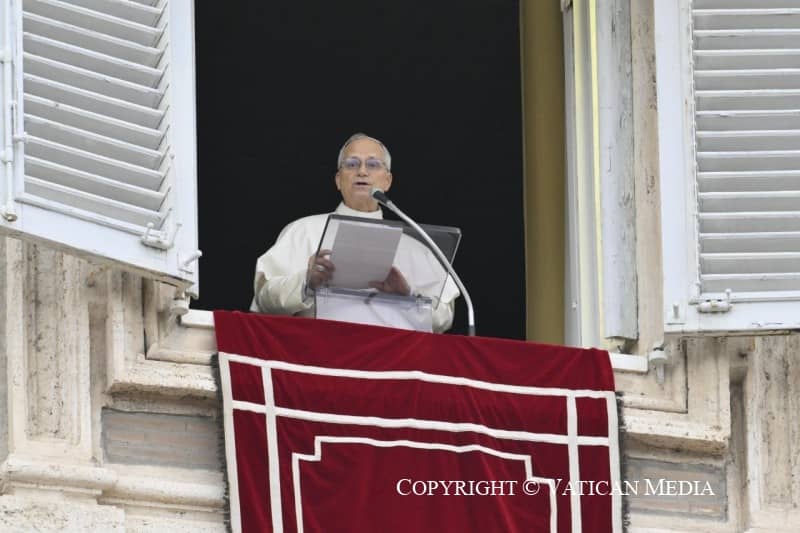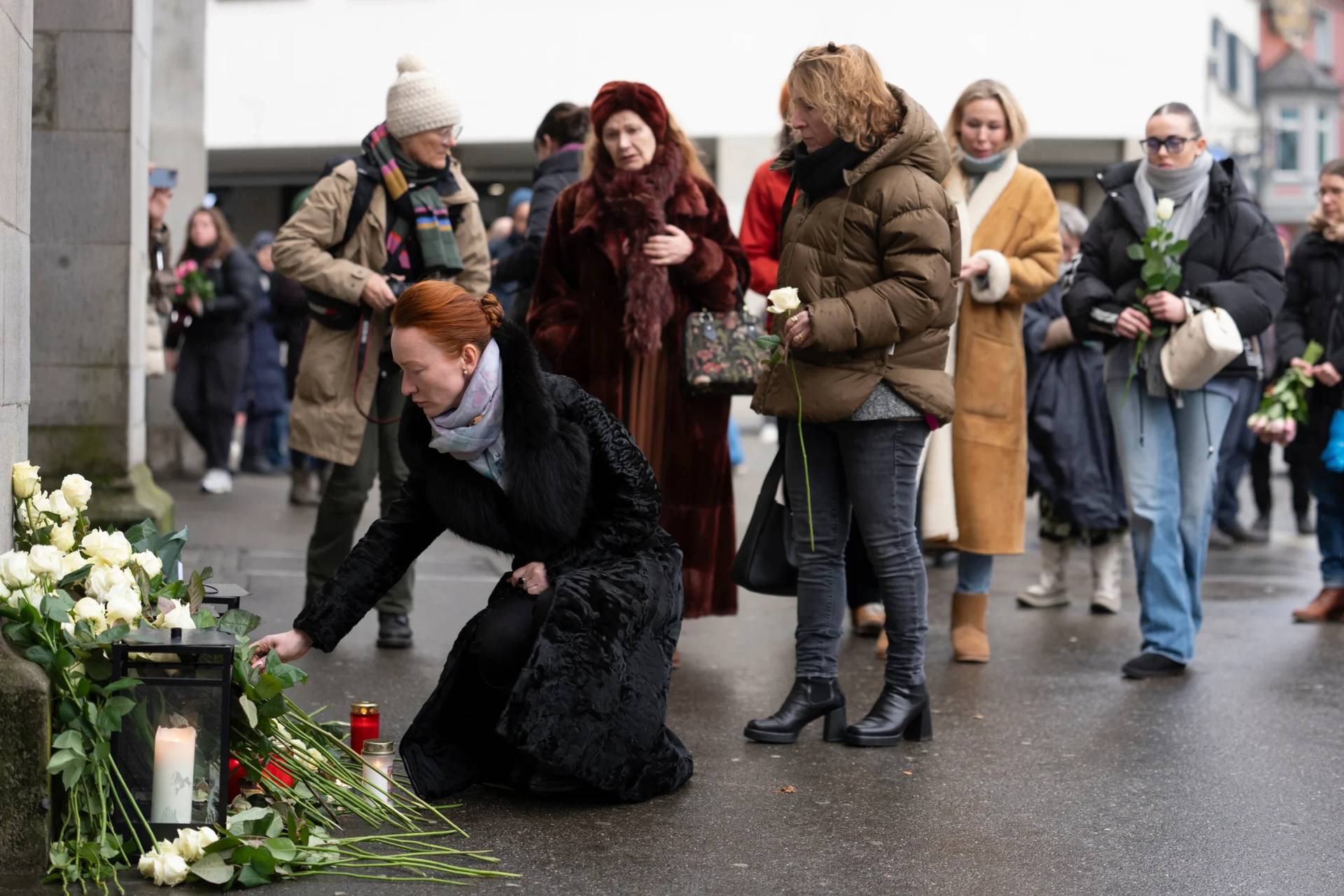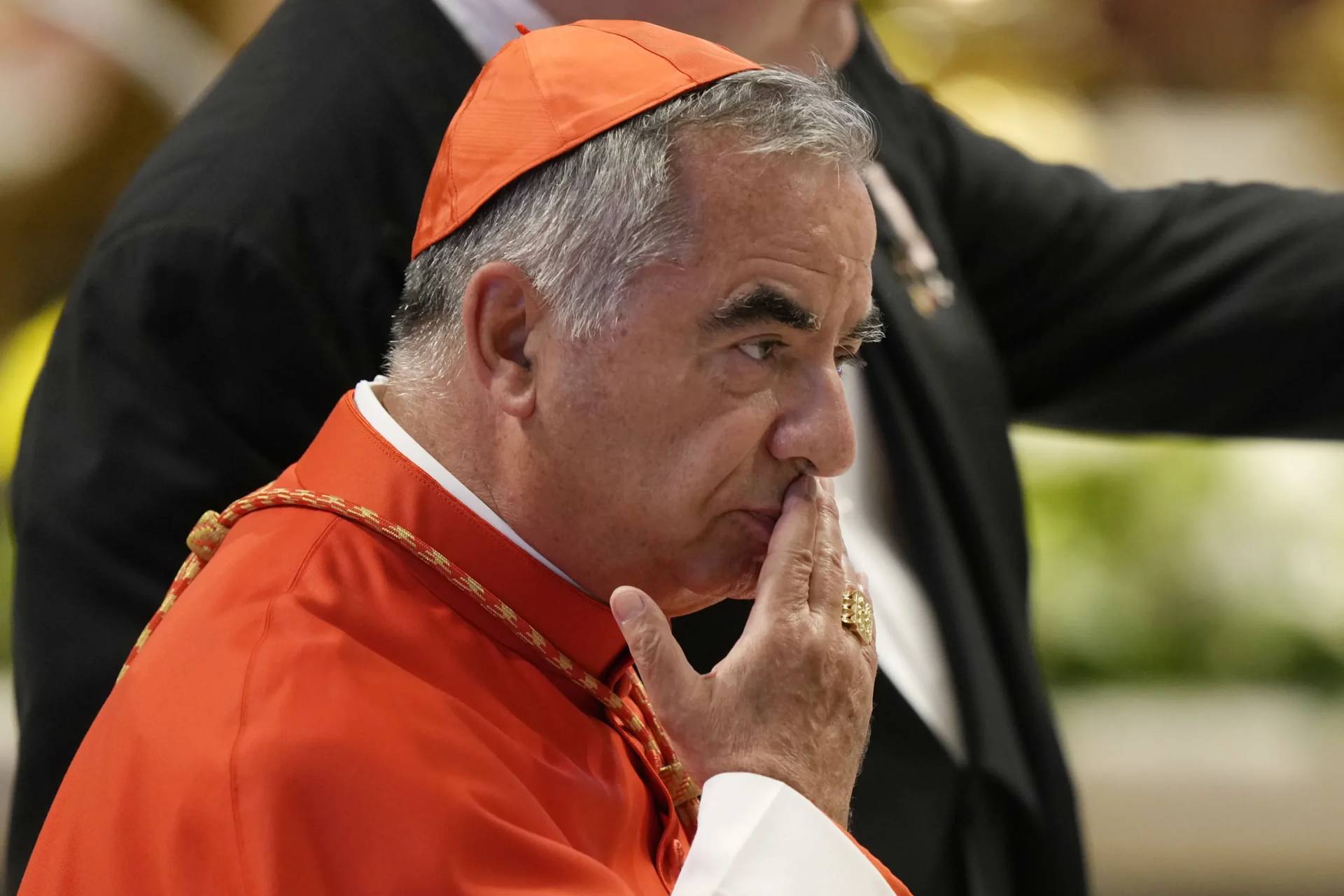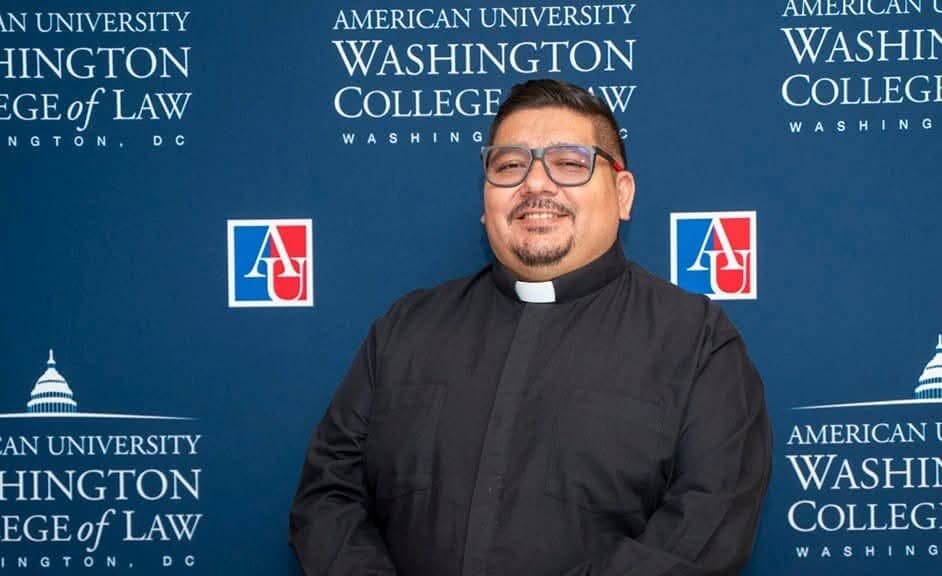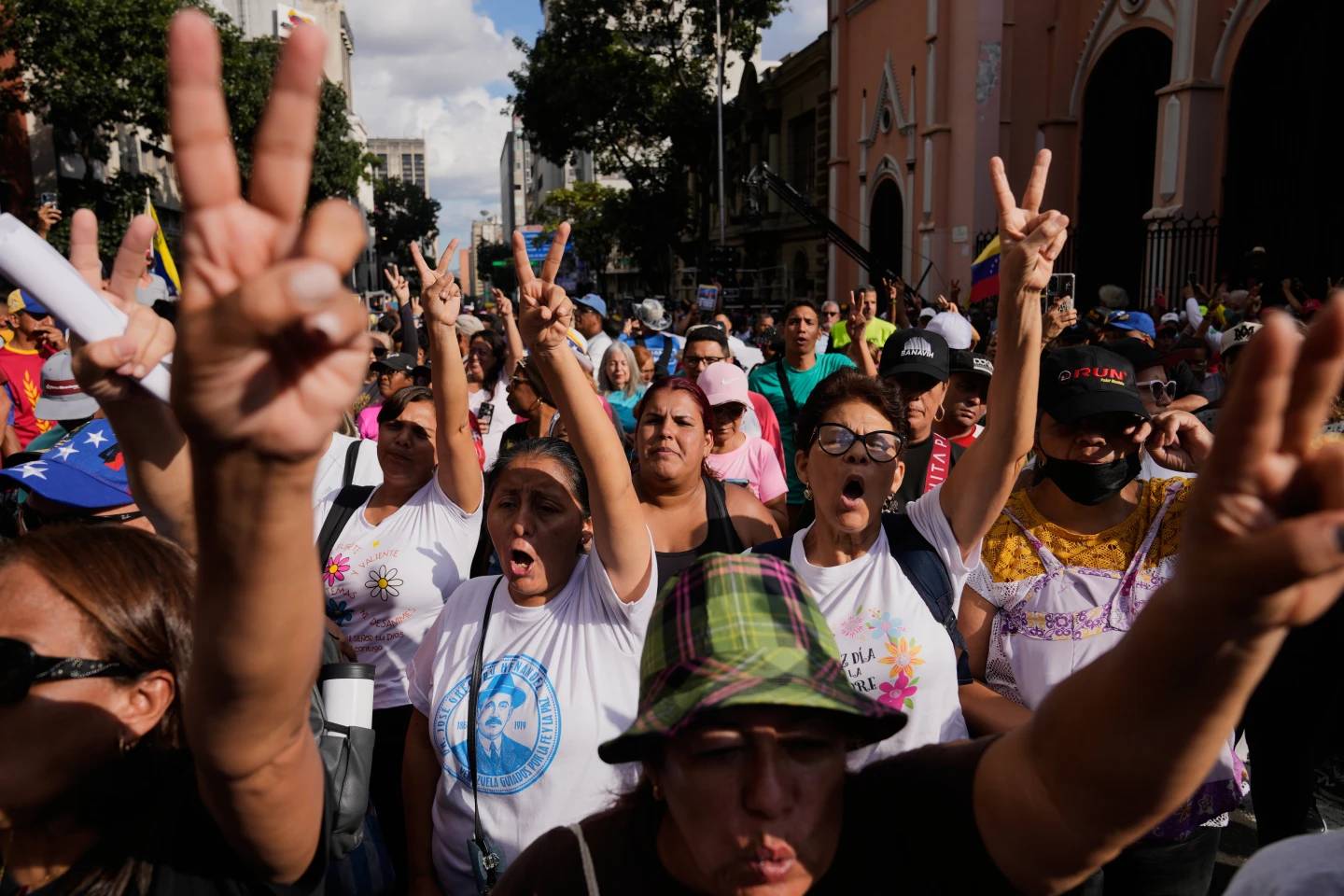ROME – Founded by Pius X in 1909 as a center of scripture scholarship in Rome, the Pontifical Biblical Institute has been at the service of popes for 110 years and will be at it again in May with a conference aimed at debunking prejudices surrounding the Pharisees, the ancient precursor of the rabbis who feature in the New Testament.
Ironically, one figure who might find the program especially interesting is the current pope, since the Pharisees are a frequent rhetorical trope for Francis and rarely in a positive vein.
The May 7-9 event, titled “Jesus and the Pharisees: An Interdisciplinary Reappraisal,” was presented at a news conference on Wednesday at the Jesuit-sponsored Pontifical Biblical Institute, located adjacent to the Gregorian. The scholarly meeting will culminate on May 9 with a private audience for participants with Francis.
Historically speaking, the two main survivors within Palestinian Judaism of the destruction of the Jerusalem temple in 70 CE by the Romans were the early followers of Jesus, who became the Christians, and the Pharisees, who today are seen as having laid the intellectual, legal and ritual basis for modern Judaism. Other groups, such as the Temple elite, the Sadducees and the esoteric Essene sects disappeared soon after the Temple’s demise.
Presenting the logic of the May conference, Father Etienne Vetö, director of the Gregorian’s Cardinal Bea Center for Judaic Studies, emphasized a link between negative stereotypes of ancient Pharisees and contemporary anti-Semitism.
Popularly, he said, the term “pharisee” is often used to mean “hypocritical, self-righteous, morally rigorous, attentive to appearances in religion, ritualism, even enemies of Jesus,” Vetö said, “but history and Biblical research show this common view is really incorrect.”
“There’s a lot at stake for our understanding of Christianity and present-day Judaism, which finds its roots in the Pharisaic movement,” he said. “Anti-semitism is related to an historically incorrect view of the Pharisees.”
Professor Amy-Jill Levine, a Jewish New Testament expert who teaches at Vanderbilt University and who’s on the organizing committee for the conference, emphasized the need to translate scholarly findings into how Christian leaders preach and teach about the Pharisees.
“Too many seminarians seem insufficiently trained on how to preach about the Pharisees,” she said. “Too few priests and preachers have relationships with Jews.”
“When you hear negative comments about the Pharisees in church, we usually just say ‘amen,’” she said. “Our ears are not sensitized to the prejudice.”
Laughingly, Levine suggested it might be a good idea to have at least one Jew at every Catholic Mass in the world to act as a check on such tendencies, “but there aren’t enough of us.”
The bad rap surrounding the Pharisees, she said, is especially ironic given that perhaps the most famous ancient Pharisee was none other than Saul of Tarsus, or St. Paul to Christians, who boasted of his membership in the group.
If all we knew about was Paul, she said, “we would think the Pharisees are fabulous.”
“But you also have the gospels,” she said, where the Pharisees are often depicted as rivals and enemies of Jesus.
In the end, Levine said, there are two compelling reasons for Christians to rethink their biases to this ancient Jewish group.
“First, Jesus looks perfectly good on his own,” she said. “He doesn’t need the negative foil.”
Second, she said, “I shouldn’t bear false witness against my neighbor.”
Ironically, Francis himself is arguably one of the highest-profile amplifiers of some of the negative images the conference is designed to attack, often using the term “Pharisee” as a synonym for “rigid” and “legalistic,” contrasting them with the approach of Jesus.
During an October 2018 homily, for instance, commenting on a New Testament text, the pope described Pharisees as follows: “They were truly an example of formality. But they lacked life. They were, so to speak, ‘starched.’ They were rigid … The people didn’t matter to them: The Law mattered to them, the prescriptions, the rubrics.”
Asked if organizers hoped the conference might also induce the pontiff to rethink his rhetoric, Levine said “the problem is across the globe … if changes could be made throughout Christendom, that would be terrific.”
Father Joseph Sievers, who teaches at the Pontifical Biblical Institute, emphasized that all the evidence suggests Francis has an “unquestioned love” for Jews and Judaism.
“From his friendships in Argentina to how he spoke [as pope] and so on, the positive side is obviously much stronger,” he said. The pope’s language about Pharisees, Sievers said, is a “detail,” while his affection is a “basic attitude.”
Still, Sievers said, “it often happens that we have blind spots.”
While stressing “we don’t want to be polemical against something,” Sievers said “we want to offer a vision that’s more nuanced, to be an influence for change for people … maybe for our good friend Francis.”
Levine offered a basic rule of thumb for any Christian charged with preaching or teaching on any subject that involves Judaism, including the Pharisees. When she used to teach in a divinity school, she said, she would bring her two small Jewish children to class.
“I’d say to them, ‘Imagine these beautiful, precious children are sitting there listening to you … don’t say anything to hurt these kids.”
If that didn’t do the trick, she added, she also invited seminarians to imagine her sitting in the back of church, ready to bend their ear if something was off.
Information on the May 7-9 conference in Rome can be found here.






